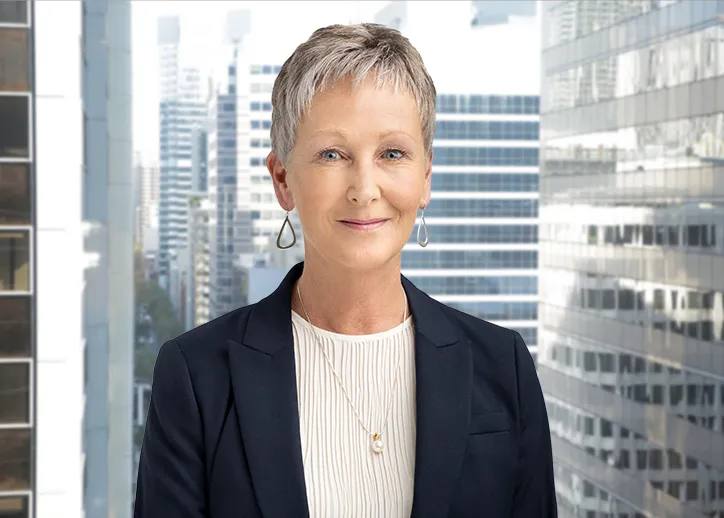Nuisance tariffs - Cut costs, not corners
Nuisance tariffs - Cut costs, not corners
With a proposed commencement date of 1 July 2026, the Australian Government intends to eliminate a further 500 ‘nuisance’ tariffs. The reforms are in addition to the removal of 457 tariffs in July 2024.
These nuisance tariffs have been flagged by the Productivity Commission’s Trade and Assistance Review 2023-24 as economically inefficient, imposing greater costs on businesses than the revenue generated. The Government states that removing these tariffs is expected to save Australian businesses over $127 million annually in compliance costs. Some of these goods proposed to have the tariff rate changed to ‘free’ can already be imported duty-free under tariff concession orders (TCOs) or free trade agreements. So, presumably, the compliance costs relate to obtaining certificates or declarations of origin for free trade agreement access, or the cost of evidencing goods' eligibility for TCOs.
What’s covered?
In summary, the goods covered by this proposal include certain:
- Food and beverages
- Chemicals
- Articles of plastic, metal and rubber (including tyres)
- Fabrics
- Clothing
- Machines and their parts.
A full listing of the eight-digit tariff codes proposed for removal is provided here.
Public consultations are open, and submissions on the proposed list of tariffs to be abolished can be made via the Treasury website until 10 December. A full and final list of agreed tariffs for removal is intended to be published in the next Federal Budget.
Classification counts
The abolition of nuisance tariffs is about efficiency; it reduces red tape, but not responsibility.
While such reforms reduce costs, they do not relax compliance obligations. Businesses can use newly tariff-free headings to reduce the administrative burden of obtaining free trade agreement origin documentation, using TCOs, or managing other import processes, but they must not cut corners.
Accurate tariff classification remains essential to ensure the duty rate is correct and that biosecurity and community protection requirements are met for imported goods. Penalties apply for incorrect classification of goods even where there is no difference to the customs duty paid, as it is a false and misleading statement to the Australian Border Force (ABF). In the event of uncertainty of classification, an Advanced Ruling (Tariff) may be sought from ABF.
How BDO can help
If you are an Australian producer or manufacturer who may be negatively impacted by these proposed changes, BDO’s customs, international trade and excise team can assist with the drafting of a submission to Treasury in favour of retaining a particular tariff(s) to help protect your business.
BDO provides support for importers seeking certainty with tariff classification, including assistance with classification assessment and ruling applications as needed. Contact us today to learn more about how we can support your business.

